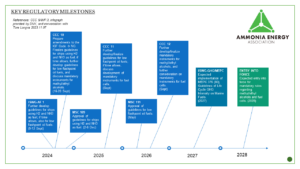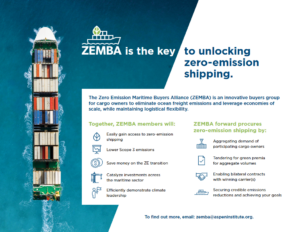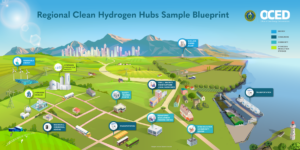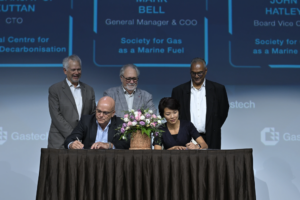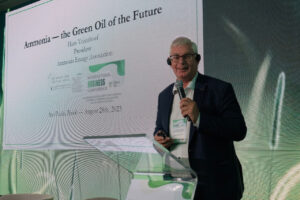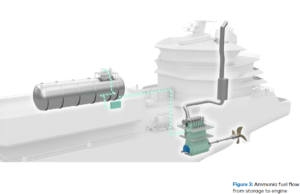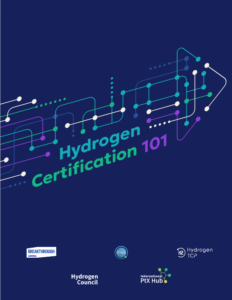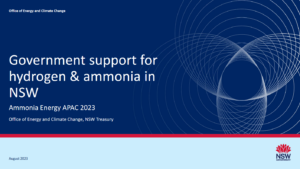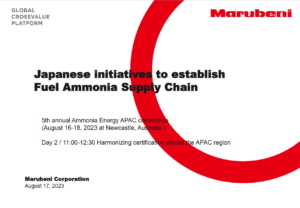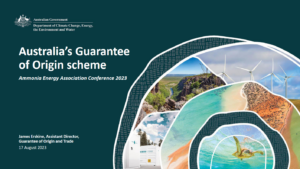IMO progresses on guidelines for ammonia fuel
The IMO reports that significant progress has been made on the development of draft interim guidelines for the safety of ships using ammonia as fuel. Approval of the final guidelines is scheduled for December 2024, with a series of key regulatory updates due in the coming years.
